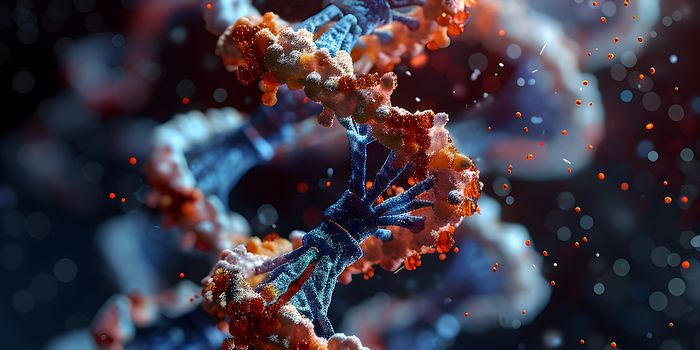Early-Stage Cancer Diagnoses Take a Hit During the Pandemic
The COVID-19 pandemic has been changing the world for over two years now. To combat COVID-19, we took strict measures to reduce contact and viral spread. Many people retreated to their homes, wore masks in public, stopped daily activities like eating out and going to the gym. Most of us didn’t expect the pandemic to last this long, and thus we may not have considered all the unforeseen consequences of the actions we took to protect us from COVID-19.
Routine medical exams and screening are essential for diagnosing breast (via mammogram) and colorectal (via colonoscopy) cancers. Adequate screening is correlated to improved survival resulting from detecting more cases sooner, at early-stage, when more treatment options are available. However, it has been reported that routine cancer screenings declined during the pandemic.
A recent report in JAMA Network Open suggests that one unintended consequence of pandemic safety measures has resulted from reduced cancer screening. The authors demonstrate that inadequate screening has increased the number of patients with advanced, hard-to-treat cancers. The study compared breast and colorectal cancer diagnoses in 2019 (pre-pandemic) and 2020, the first year of the pandemic.
While the total number of new cancer diagnoses was similar between 2019 and 2020, there were notable differences in the staging data. The authors reported fewer stage I breast cancer diagnoses in 2020 (63.9%) compared to 2019 (51.3%). Similarly, the researchers saw more stage IV breast cancer diagnoses in 2020 (6.2%) than in 2019 (1.9%). The study also reported that these trends continue as the first half of 2021 saw further declines in stage I disease (41.9%) and continued increases in stage IV disease (8.0%).
The difference in staging among colorectal cancer patients was not statistically significant, but the data trended the same. There was a decrease in the number of patients presenting with stage I colorectal cancer in 2019 (17.8%) compared to 2020 (14.6%). The researchers also observed stage IV colorectal cancer increases from 2019 (6.7%) to 2020 (19.5%).
Timely cancer screening is essential to cancer prevention, and early detection saves lives by increasing the availability of effective therapeutics. The number of patients presenting with late, difficult-to-treat cases has risen steadily since the pandemic began. The authors suggest that doctors encourage those who have delayed cancer screening to resume seeking regular preventative care.
Sources: Annals Intern Med, New Eng J Med, J Nat Med Assn, JAMA Network Open









